
Warning signs of acute kidney injury should not be ignored
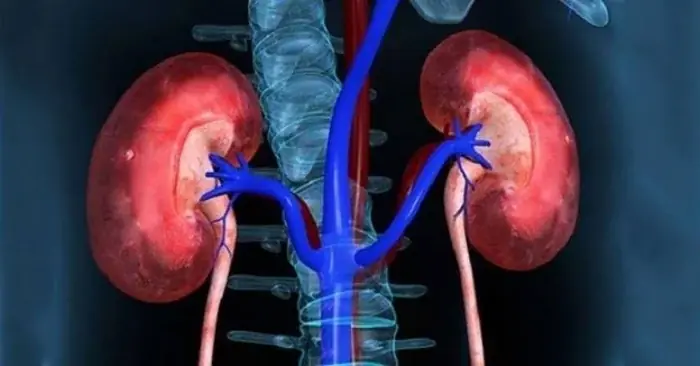
Here’s a detailed explanation about why warning signs of acute kidney injury (AKI) should never be ignored:
Warning Signs of Acute Kidney Injury Should Not Be Ignored
Acute kidney injury (AKI) is a sudden and often reversible decline in kidney function that can occur over hours or days. It prevents the kidneys from effectively filtering waste, balancing fluids, and regulating electrolytes. If not recognized and treated promptly, AKI can lead to serious complications, including permanent kidney damage, the need for dialysis, or even death.
Why Is AKI Serious?
-
The kidneys play a vital role in removing toxins and excess fluid from the blood.
-
AKI causes rapid buildup of waste products and fluid, which can damage multiple organs.
-
Early intervention improves outcomes and reduces the risk of long-term kidney disease.
Common Warning Signs of Acute Kidney Injury
-
Reduced Urine Output:
Noticeably less urine than usual or complete absence of urination (oliguria or anuria). -
Swelling:
Fluid retention causing swelling in the legs, ankles, feet, or around the eyes. -
Fatigue and Weakness:
Feeling unusually tired, confused, or lethargic due to toxin buildup. -
Shortness of Breath:
Excess fluid can accumulate in the lungs, leading to breathing difficulties. -
Nausea and Vomiting:
Gastrointestinal upset from waste products accumulating in the blood. -
Chest Pain or Pressure:
Can result from fluid overload affecting the heart. -
High Blood Pressure:
The kidneys regulate blood pressure, and AKI may cause it to rise sharply.
Who Is at Risk?
-
People with existing chronic kidney disease (CKD)
-
Elderly individuals
-
Patients with diabetes or hypertension
-
Those taking certain medications (NSAIDs, some antibiotics, diuretics)
-
People who experience severe infections, dehydration, or major surgery
What To Do If You Notice These Signs?
-
Seek immediate medical attention—AKI requires prompt diagnosis and treatment.
-
Provide your doctor with a complete medical history, including medications and recent illnesses.
-
Follow recommended tests such as blood tests (creatinine, blood urea nitrogen) and urine analysis.
Prevention Tips
-
Stay well hydrated, especially during illness or heat exposure.
-
Avoid unnecessary use of nephrotoxic drugs or consult your doctor before taking new medications.
-
Manage chronic conditions carefully with regular check-ups.
-
Seek early care for infections or injuries that could affect kidney function.
Conclusion:
Acute kidney injury can develop rapidly and silently, but its warning signs should never be ignored. Early recognition and medical intervention can save your kidneys and your life. If you experience any symptoms such as reduced urine output, swelling, or unexplained fatigue, consult a healthcare professional promptly.
If you want, I can provide advice on specific treatment options or lifestyle changes to support kidney health.
News in the same category

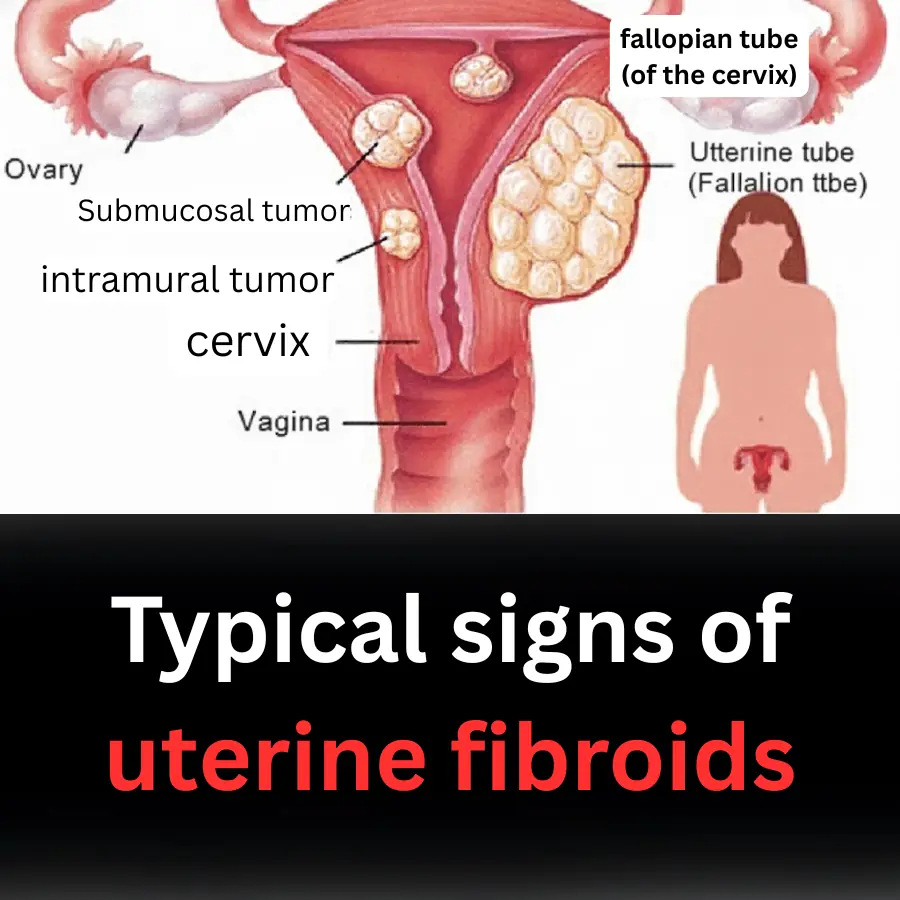
Typical signs of uterine fibroids

The More You Eat This Vegetable, the Cleaner Your Arteries Become: A Stroke-Prevention Secret Many People Overlook!
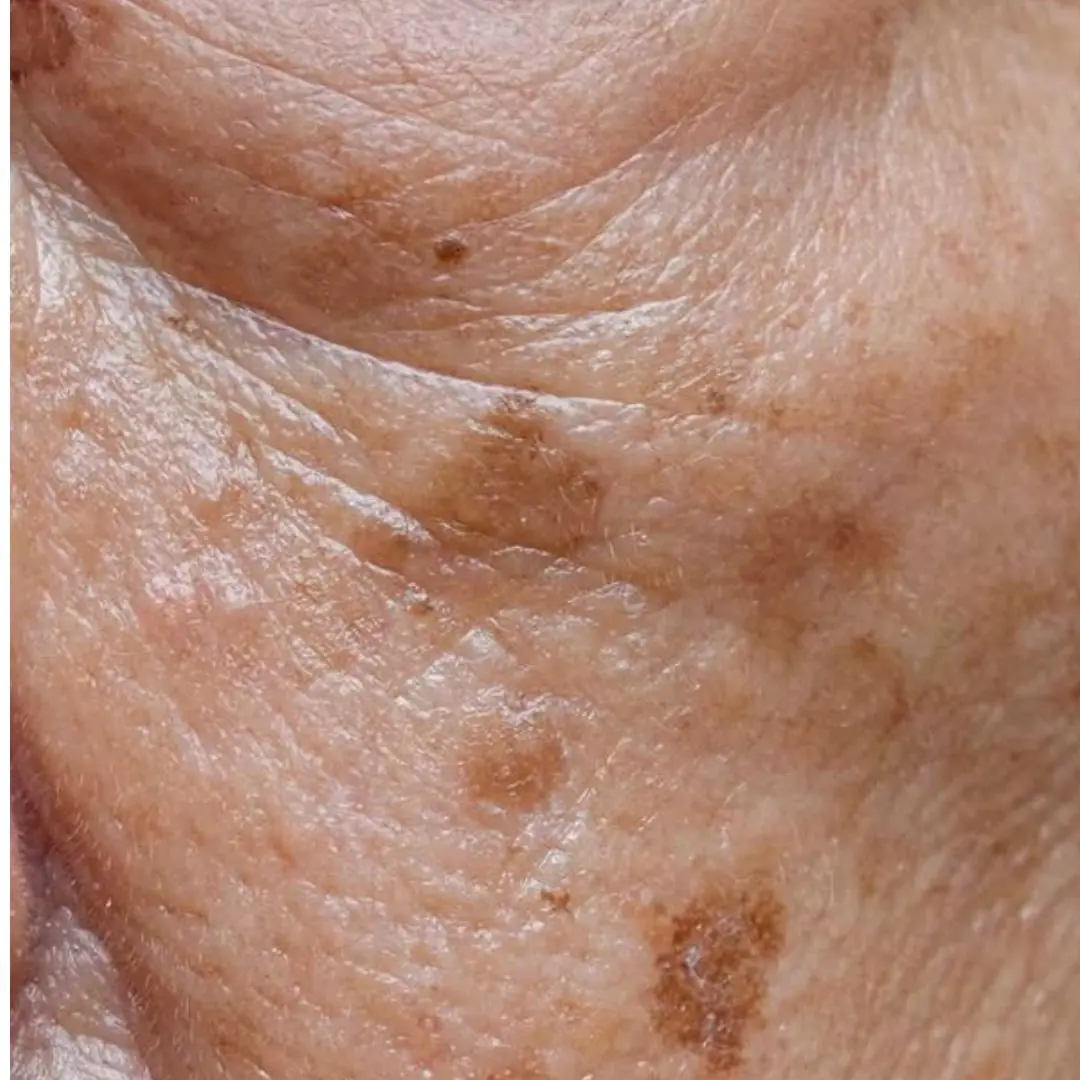
Age Spots and Selenium: How This Powerful Mineral Can Help Fight Sun Damage Naturally
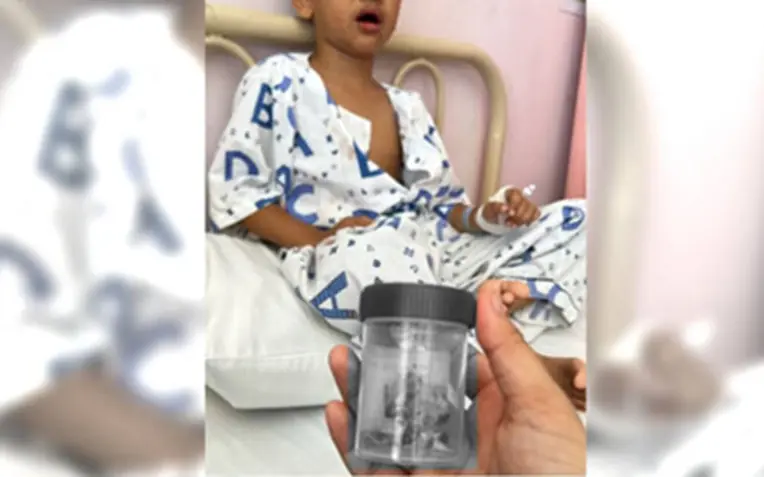
A 12-year-old boy loses 12 teeth at once due to a common habit among children
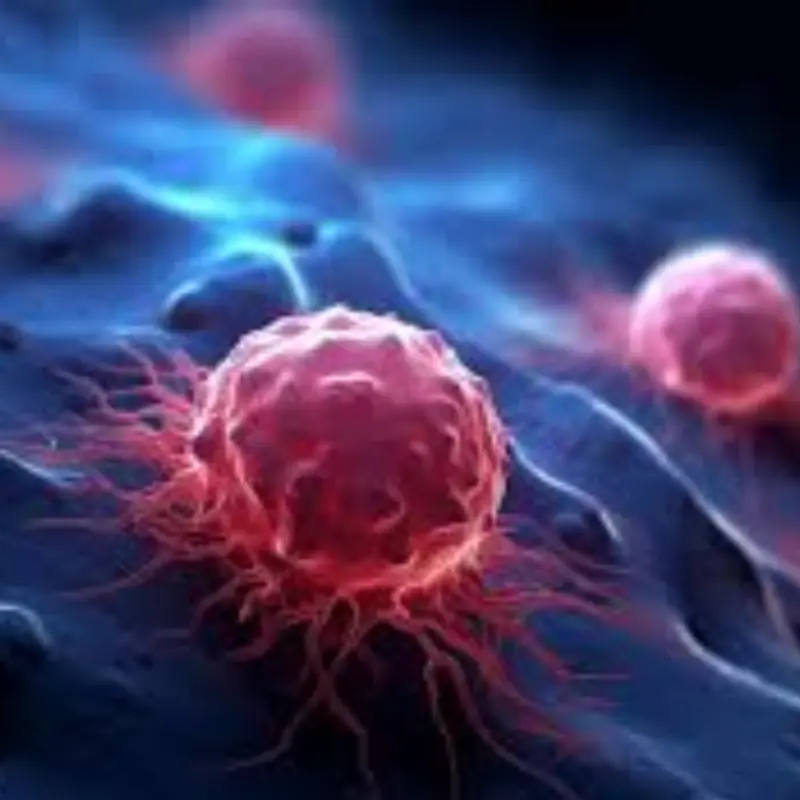
Warning: A Common Daily Habit May Be “Inviting” Liver Can.cer — Many People Know It, Yet Still Do It
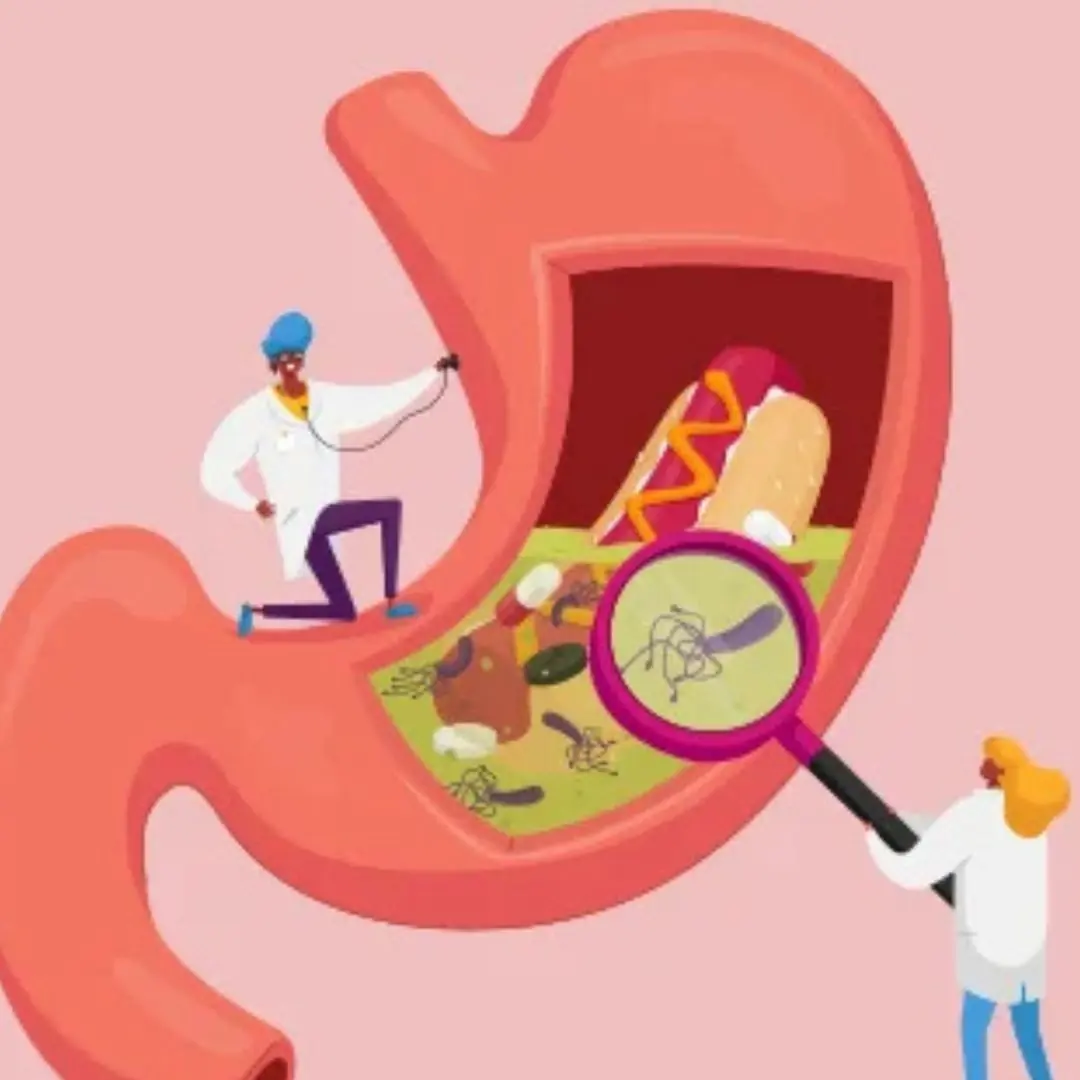
6 foods that clean the intestines naturally when eaten on an empty stomach
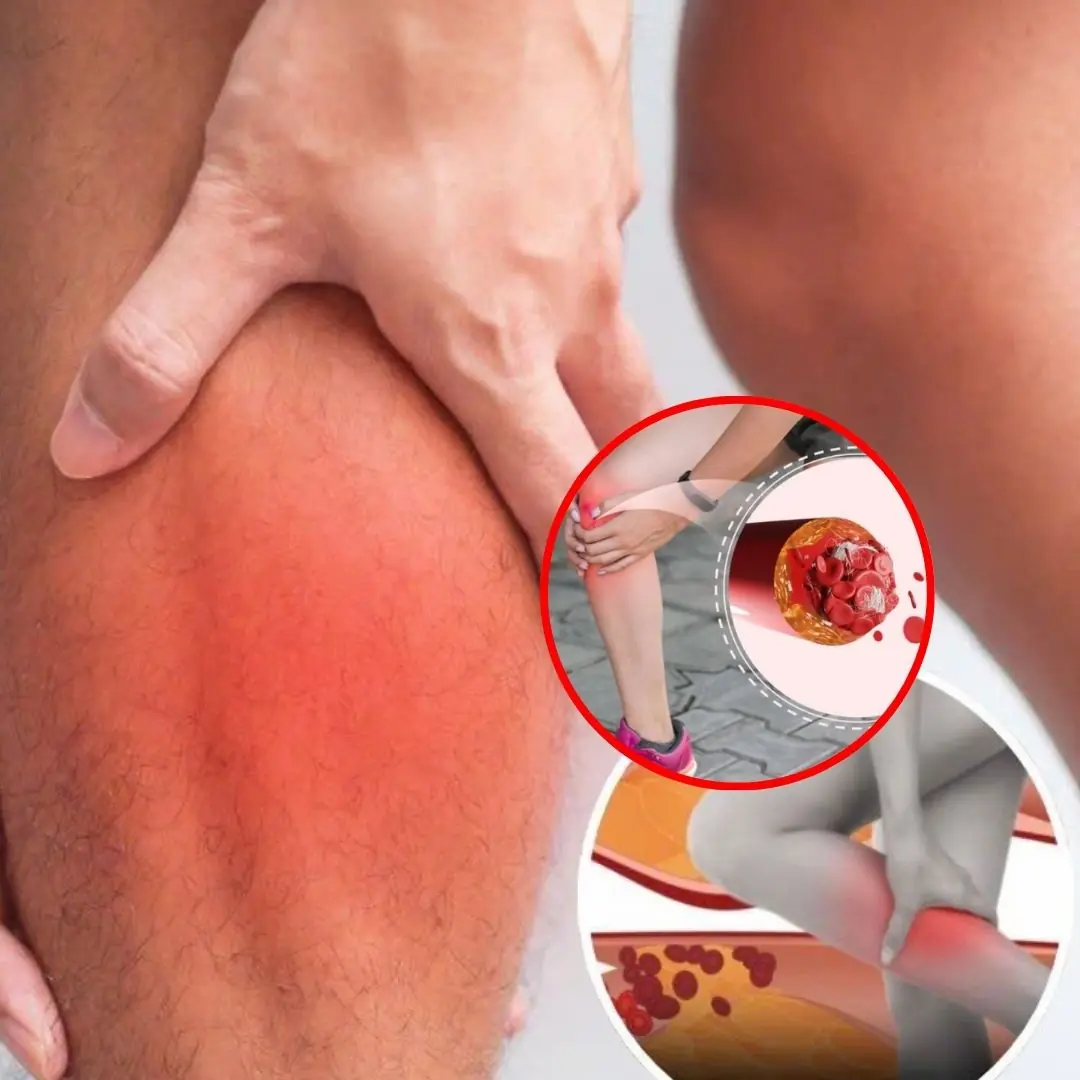
Poucas pessoas reconhecem os sinais de alerta de problemas de circulação que podem surgir nos pés e nas pernas durante a noite
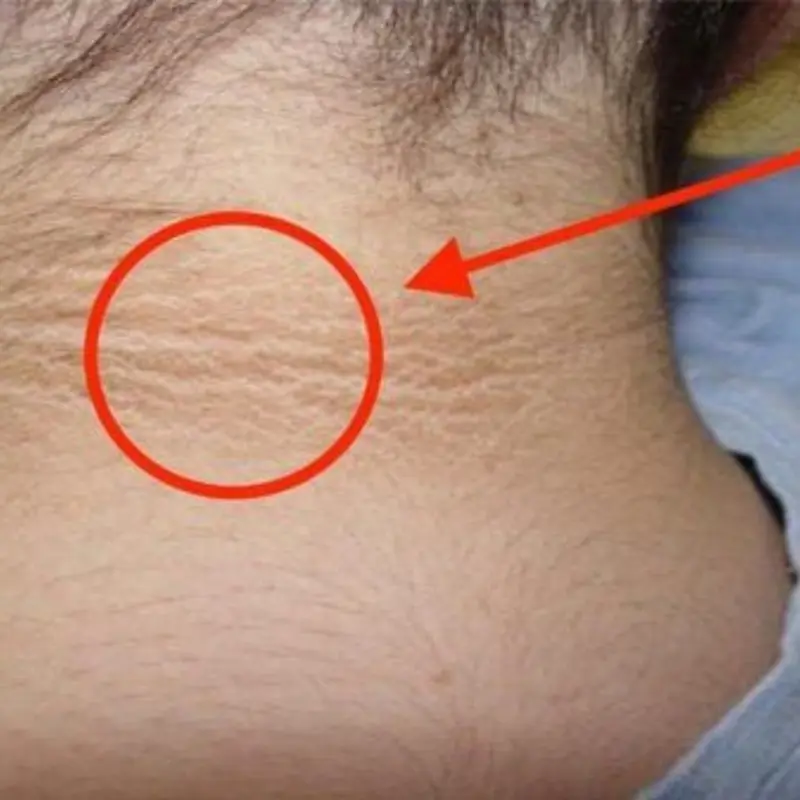
Don’t Ignore These Silent Signs of Oral Cancer

Pain on the left side of your body: What could it mean?
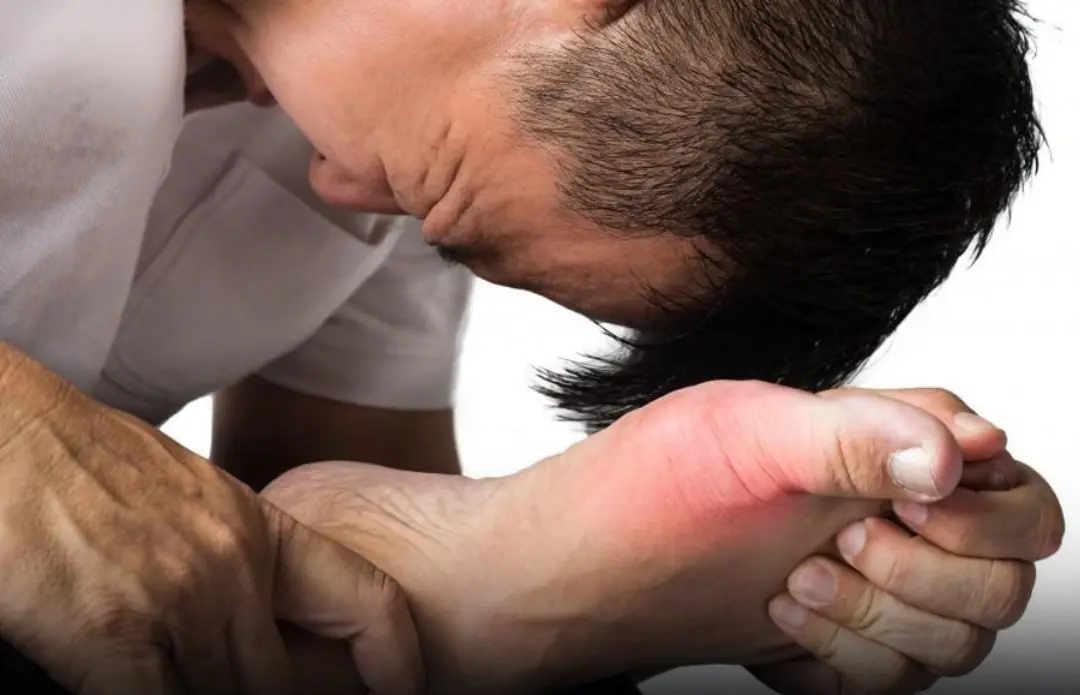
Your feet can reveal important signs about your circulation and metabolic health

These are the consequences of eating....

5 amazing benefits of drinking warm water with honey
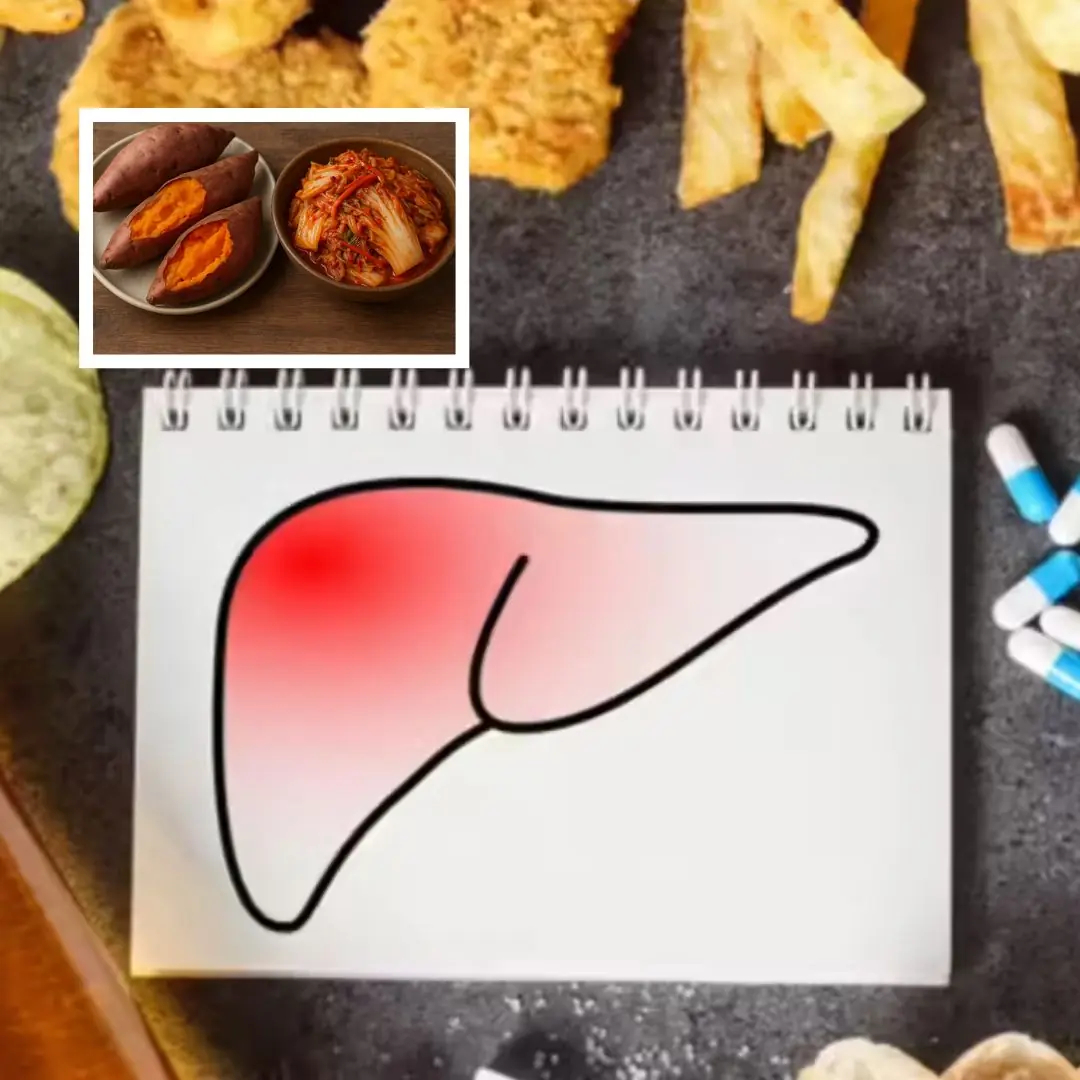
Scientifically Supported Food Combinations That May Benefit Liver Health

6 Types of Foods That Negatively Affect Your Thyroid — What to Limit or Avoid

The most powerful herb that removes parasites, urinary tract infections and herpes

Warning: Pain in These Three Areas May Be an Early Sign of Lung Can.cer

Vegetables listed as ca:ncer - causing that many people still eat, should be stopped immediately

Swollen Feet? Don’t Ignore This Clear Red Flag — Here’s What It Really Means

Why You Keep Waking Up Between 3 and 4 AM - 4 Health Issues Your Body May Be Signaling
News Post

Are kidney cysts really benign? Experts warn of signs that should never be ignored

Typical signs of uterine fibroids

The More You Eat This Vegetable, the Cleaner Your Arteries Become: A Stroke-Prevention Secret Many People Overlook!

Age Spots and Selenium: How This Powerful Mineral Can Help Fight Sun Damage Naturally

A 12-year-old boy loses 12 teeth at once due to a common habit among children

Warning: A Common Daily Habit May Be “Inviting” Liver Can.cer — Many People Know It, Yet Still Do It

6 foods that clean the intestines naturally when eaten on an empty stomach

Don’t Ignore These Silent Signs of Oral Cancer

Pain on the left side of your body: What could it mean?

Setting Boundaries: A Family Story

Your feet can reveal important signs about your circulation and metabolic health

How a Salute Changed My Family’s Perception of Me

These are the consequences of eating....

5 amazing benefits of drinking warm water with honey

Scientifically Supported Food Combinations That May Benefit Liver Health

Classic Cherry Pie

Hawaiian Pineapple Glazed Ribs

Honey Garlic Roasted Chicken Thighs with Potatoes & Carrots

6 Types of Foods That Negatively Affect Your Thyroid — What to Limit or Avoid
